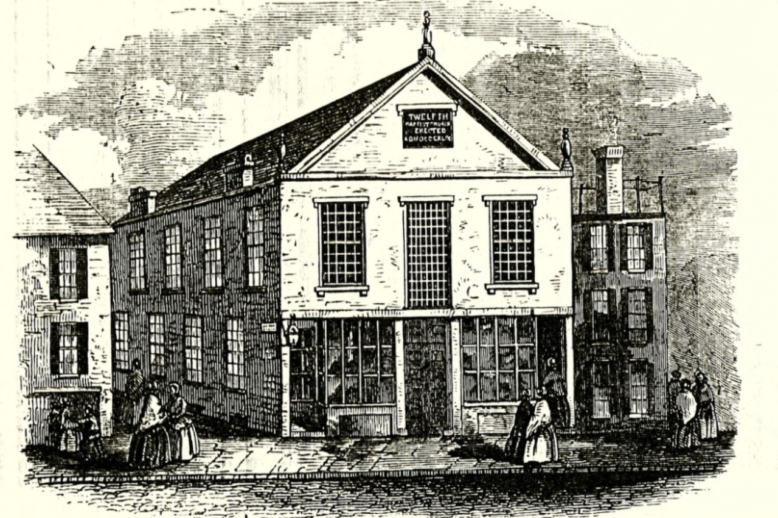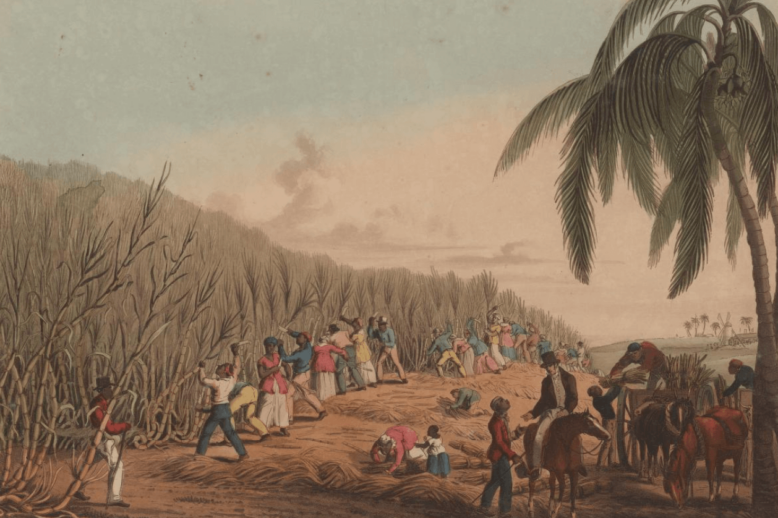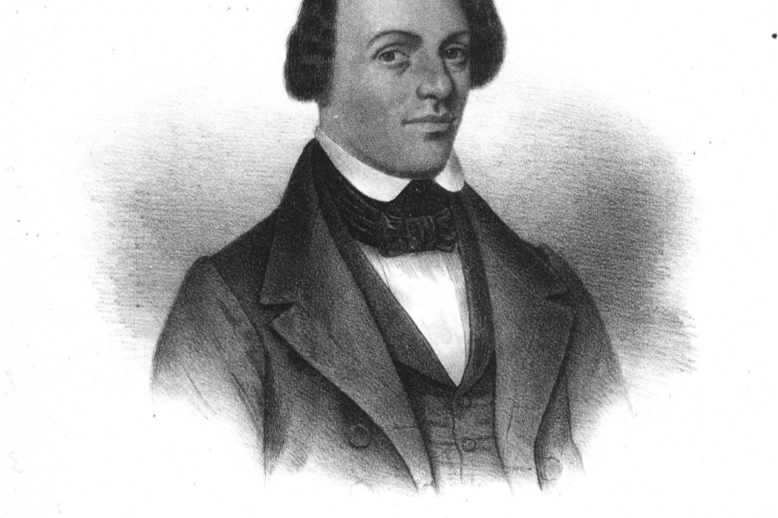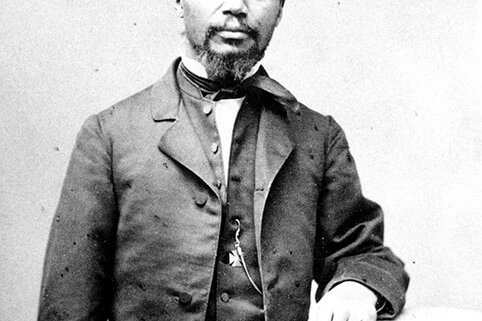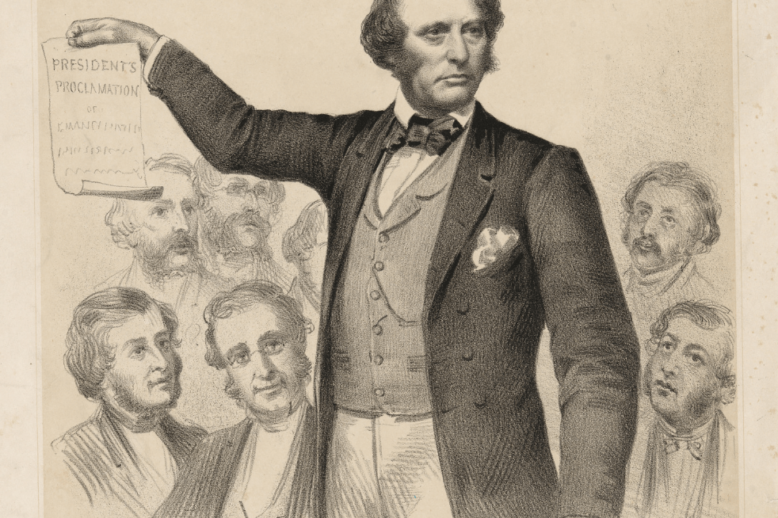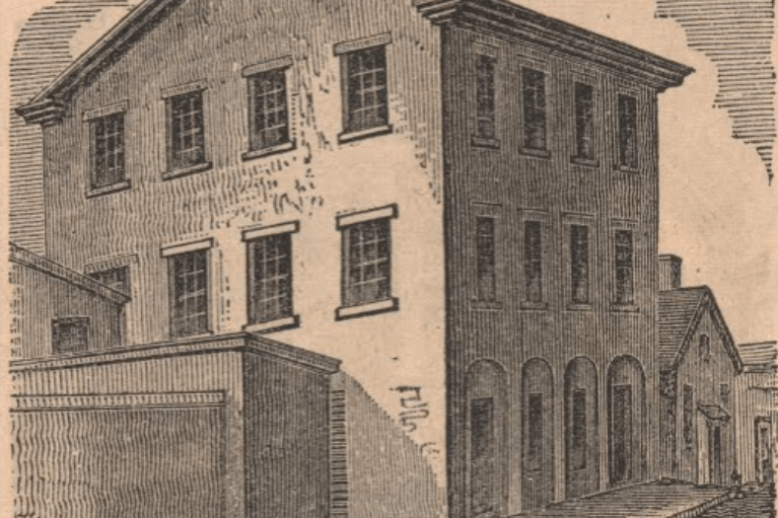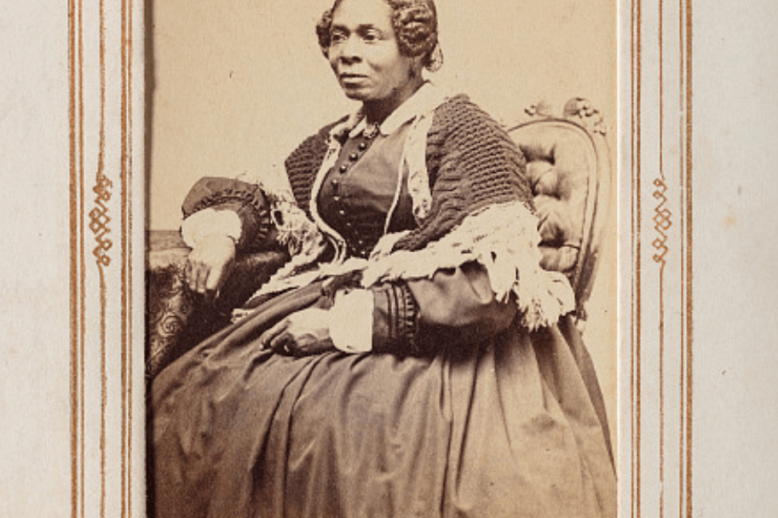The Fugitive Slave Church: The Twelfth Baptist Church, Leonard Grimes, and Abolitionism in the West End
Established in 1840, Boston’s Twelfth Baptist Church was located on the North Slope of Beacon Hill (in the historic West End) until its move to Roxbury in 1906. In the 1850s and ‘60s, the Church defiantly mobilized in response to the 1850 Fugitive Slave Act. Under the leadership of Leonard Grimes, the congregation raised funds to aid freedom seekers and became known as the “Fugitive Slave Church.” This active political, cultural, and religious meeting place had many prominent members and visitors from the Black abolitionist community, including Harriet Tubman, Frederick Douglass, Lewis and Harriet Hayden, Shadrach Minkins, Anthony Burns, Thomas Sims, Christiana Carteaux and Edward Mitchell Bannister, and Peter Randolph.


